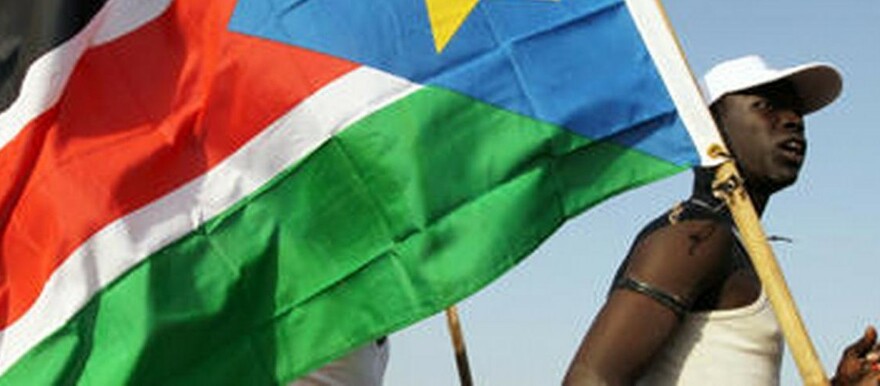In the turbulent realm of South Sudan’s political landscape, a clear call for both reflection and action echoes through the halls of power. As a member of the Real-SPLM opposition led by General Pagan Amum, I find myself at a crucial juncture, advocating not only for introspection but also for transformative change. The current state of leadership in South Sudan necessitates a reassessment of priorities and a collective commitment to unity and progress.
Political parties in South Sudan play a pivotal role in shaping the nation’s path. As the cornerstone of democracy, these parties bear the responsibility of fostering inclusivity, respect, and progress for all citizens. Regrettably, South Sudan’s political arena is tarnished by tribalism, verbal abuse, and the scapegoating of communities, perpetuating divisions and impeding the nation’s development.
The actions of political parties and government entities in South Sudan reveal a troubling trend of neglect toward crucial issues such as healthcare, education, and economic development. Instead of prioritizing the well-being of all citizens, some political actors have opted for divisive rhetoric and tribal sentiments, exacerbating existing fault lines within the nation.
The rise of social media platforms has transformed into a digital arena for political discourse in South Sudan. Regrettably, rather than fostering constructive dialogue, these platforms have become breeding grounds for vitriol and hatred. Verbal abuse and inflammatory remarks directed at communities have sown seeds of discord and fear, alienating the populace from meaningful participation in the political process.
As members of the opposition, it is imperative that we confront our internal biases and redirect our efforts towards addressing the core issues prompting our challenge to the status quo. The government’s exploitation of communities, particularly the Dinka community, has heightened tensions and fuelled animosity within and against political parties. Our focus must shift towards genuine change and unity, transcending tribal affiliations and personal agendas.
The challenges confronting South Sudan, including violence, economic instability, and the lack of essential services, demand a unified and proactive response from the opposition. By rising above tribal biases and prioritizing the collective welfare of all citizens, we can pave the way for a brighter future for South Sudanese. Failure to address these pressing issues risks further exacerbating divisions and perpetuating instability in the nation.
Opposition leaders in South Sudan must engage in introspection and strategic planning to genuinely contribute to bettering the country and its people. It is crucial to set aside differences, foster dialogue, and collaborate on solutions that address the root causes of conflict and inequality. Only through collective action and a steadfast commitment to accountability can we usher in enduring change and prosperity for all South Sudanese.
In conclusion, the key to a brighter future for South Sudan rests in the hands of its political leaders. They must transcend tribal biases and personal agendas to guide the nation towards unity, progress, and genuine transformation. Let us join forces for change, advocate for accountability, and collaborate towards a more promising future for South Sudan and its people.
This extended version delves deeper into the intricate dynamics of South Sudan’s political landscape, shedding light on the challenges and opportunities for fostering unity and accountability within the nation. The article aims to provoke thoughtful consideration and inspire action towards a more inclusive and prosperous future for South Sudan by addressing themes such as tribalism, verbal abuse, and the necessity for strategic planning.
Clara Martin, a member of the holdout opposition group in South Sudan, can be reached via email at cauling16@gmail.com
The views expressed in ‘opinion’ articles published by Radio Tamazuj are solely those of the writer. The veracity of any claims made is the responsibility of the author, not Radio Tamazuj.




